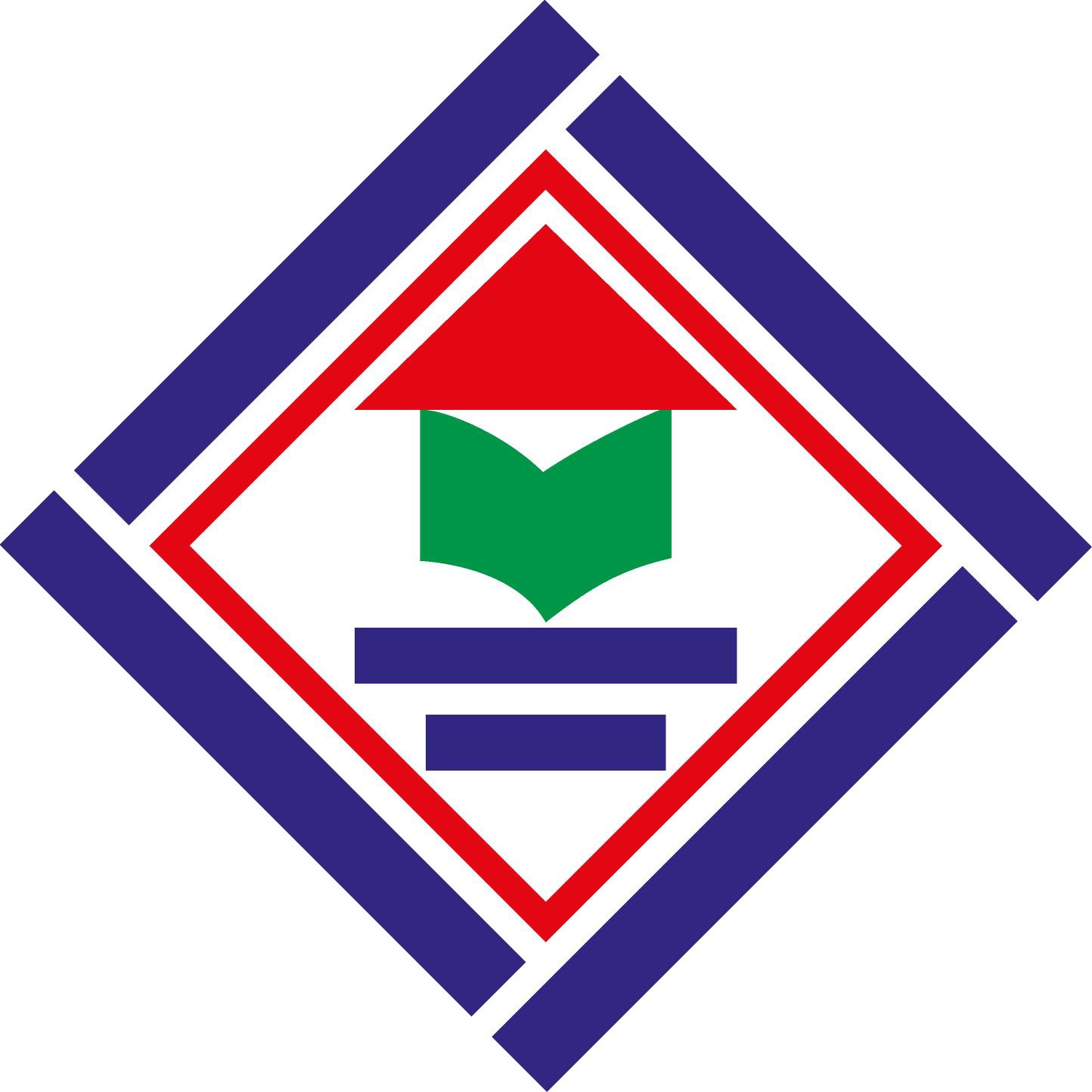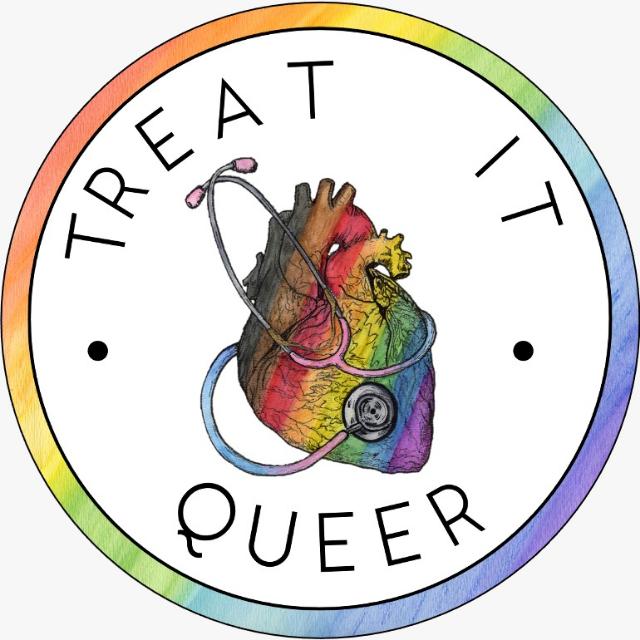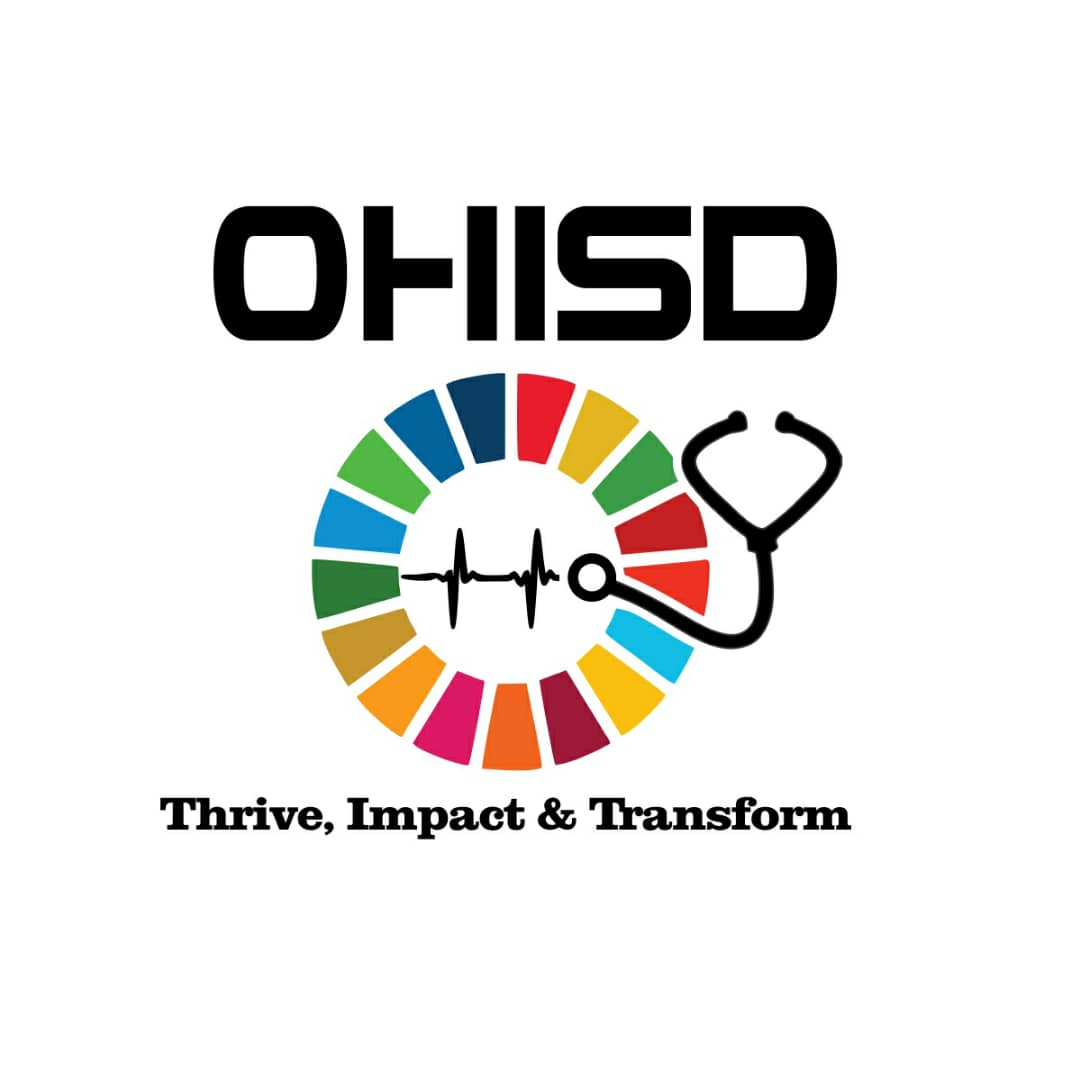Cholo Kotha Boli – youth to youth podcast
View knowledge productThe knowledge product is made up of 10 podcast episodes covering SRHR topics relevant to various sub-groups within the target audience, including girls, boys, and young women/men aged 16-25 in the Baunya-Badh slum. These episodes were produced at a central podcast station established on the premises of ARBAN schools.
The project employed podcasting as a tool to engage the audience in addressing SRHR issues in a safe and horizontal manner, utilizing a peer-to-peer approach. The goal was to guide them in making informed health decisions that could positively impact their lives. ARBAN, with 30 years of presence in the Baunya-Badh slum, has cultivated trust-based relationships with community leaders and the parents of the target demographic.
By adopting a health rights approach, ARBAN secured the support of influential groups within the community, such as leaders and elites. This strategy allowed the project to be implemented smoothly, mitigating interference and opposition from conservative forces.
The outcomes of the project are detailed in a qualitative research report (downloadable below), which was presented during the project-ending ceremony. This event involved project beneficiaries, community stakeholders, other NGOs, and government officials.
The Bengali-language podcasts are accessible for free on Spotify.
Knowledge product details
-
Knowledge Activation Grants
-
2021
-
Bangladesh
-
Youth empowerment
-
Youth SRHR
-
Share-Net Bangladesh
-
Bangla
-
English
-
Podcast
-
Research




